Termed “monuments of the totalitarian age” or “socialist art” our monumental legacy of the recent past still divides society. And though years have passed since the fall of the regime, on important historical dates, its symbols still see daylight “in disguise” – as a spontaneous creative civic outburst or… vandalism.
 “The socialist legacy – a legacy at risk” – this was the title of a discussion that brought together architects and left-wing activists in Sofia. The event was organized by the Bulgarian International Council on Monuments and Sites (ICOMOS) with Prof. Dr. Jörg Haspel, ICOMOS director for Germany as guest.
“The socialist legacy – a legacy at risk” – this was the title of a discussion that brought together architects and left-wing activists in Sofia. The event was organized by the Bulgarian International Council on Monuments and Sites (ICOMOS) with Prof. Dr. Jörg Haspel, ICOMOS director for Germany as guest.
“I understand people who are opposed to this architectural legacy because it brings back memories of suffering, oppression and repression during the time of socialism, but I also think it is very important to preserve these relics as our historical memory,” says the German professor and adds that there is resistance in both countries to acknowledging them as part of the totalitarian past.
The socialist legacy is all around us and there is much more of it than what has been created in the 25 years that followed the totalitarian regime, says architect Todor Boulev. In his words, one of the risks is not to make the best of it or to destroy it:
“Where the environment is highly ideological, the risk is particularly high because of ideological interpretations. There are sites that are considered to be symbols of the 1944-1989 period, though that it not necessarily so. For example the idea of the “1,300 years Bulgaria” monument is much broader and is not connected with the communist ideology. The same goes for the “Banner of Peace” monument and the monument dedicated to the Stara Zagora epopee. Things get worse when it comes to buildings connected with the Bulgarian Communist Party and its symbols – the Georgi Dimitrov mausoleum was torn down, a most barbaric act. Another such symbol – the monument on Bouzloudja peak – has been left to crumble for years. To my mind, monuments of the previous age must be taken for their cultural, historic and aesthetic value – all the more so that they were created by talented names and we must treat them with care.”

Preserving monuments may be within the domain of the obligations of the state, but the state could not protect them from acts expressing citizen awareness. But are they acts of freedom or of desecration? Prof. Haspel:
The monuments from the totalitarian past should be preserved on the spot they were erected because they have a bond with their location, Prof. Haspel says. But our way of looking at them could take different forms, including by painting them over.
No one can choose his or her country, what we can do is analyze its fortunes and draw our conclusions. “For this to happen we need these monuments so they can help us understand how history has been manipulated and moulded into a tool wielded by the totalitarian regimes,” says in conclusion Prof. Dr. Jörg Haspel.

English version: Milena Daynova
Photos: BGNESBulgarian artist and architect Vivia Niki presented her new land art creation—a giant three-dimensional candle painted on a meadow in the forests of the Plana Mountain, which seems to flicker like a living flame only when viewed from the air at a..
Theater enthusiasts in Bulgaria are already counting the hours until start of the 13th edition of Theaters Night. This exciting evening will turn the stages in 11 Bulgarian cities into a true celebration of the arts. The event’s ambassadors are..
On November 6 in Los Angeles, the new foundation Bulgarian Classical Concerts - Los Angeles officially began its activities with a chamber concert, which featured works by Bulgarian classical and contemporary composers - Pancho..

+359 2 9336 661
